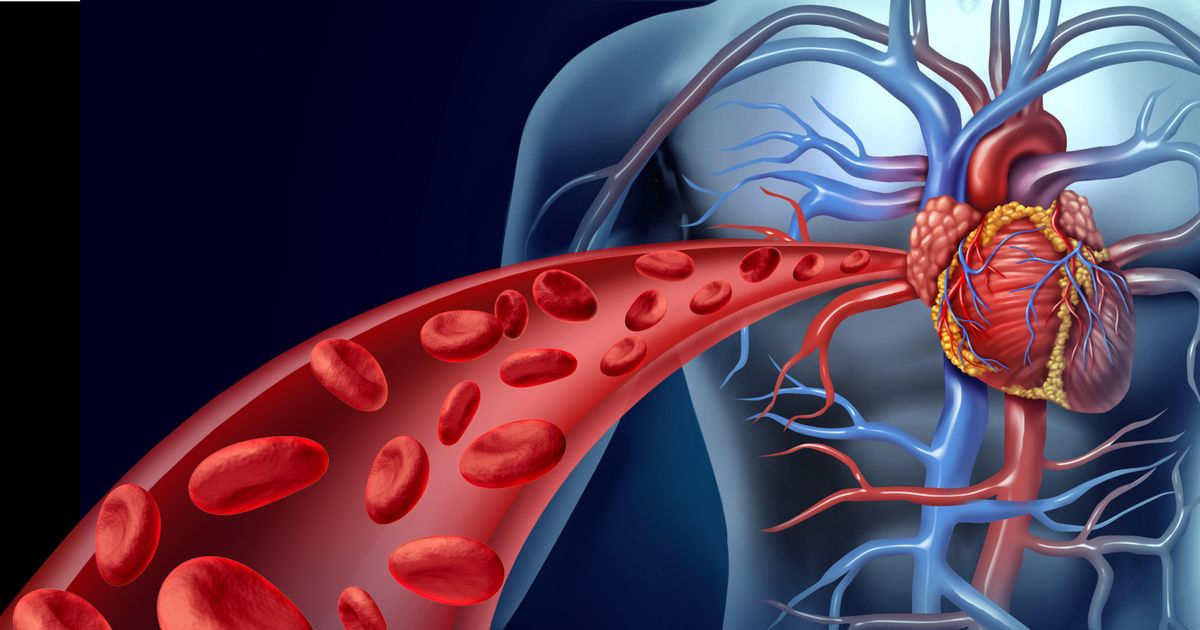Causes And Symptoms Of Pulmonary Hypertension
Symptoms

The primary symptom of pulmonary hypertension is shortness of breath or trouble breathing. This usually occurs while the person affected is engaging in activities such as walking, going up steps, or exercising. Other symptoms may include ankle swelling, chest pain, fatigue, and fainting. These symptoms may start off slowly and become progressively worse as the condition matures. Smoking may further complicate the disease as it causes lung inflammation and breathing problems as well.
Eisenmenger Syndrome

Pulmonary hypertension may be due to a type of congenital heart disease known as Eisenmenger syndrome. The condition causes a ventricular septal defect, which is a large hole in the heart located between the two lower ventricles. The hole causes an abnormal circulation of blood in the heart in which red blood carrying oxygen mixes with blue blood carrying a low amount of oxygen. Instead of being transported to the rest of the body, the blood returns to the lungs, causing high blood pressure and an increased risk of blood clots.
